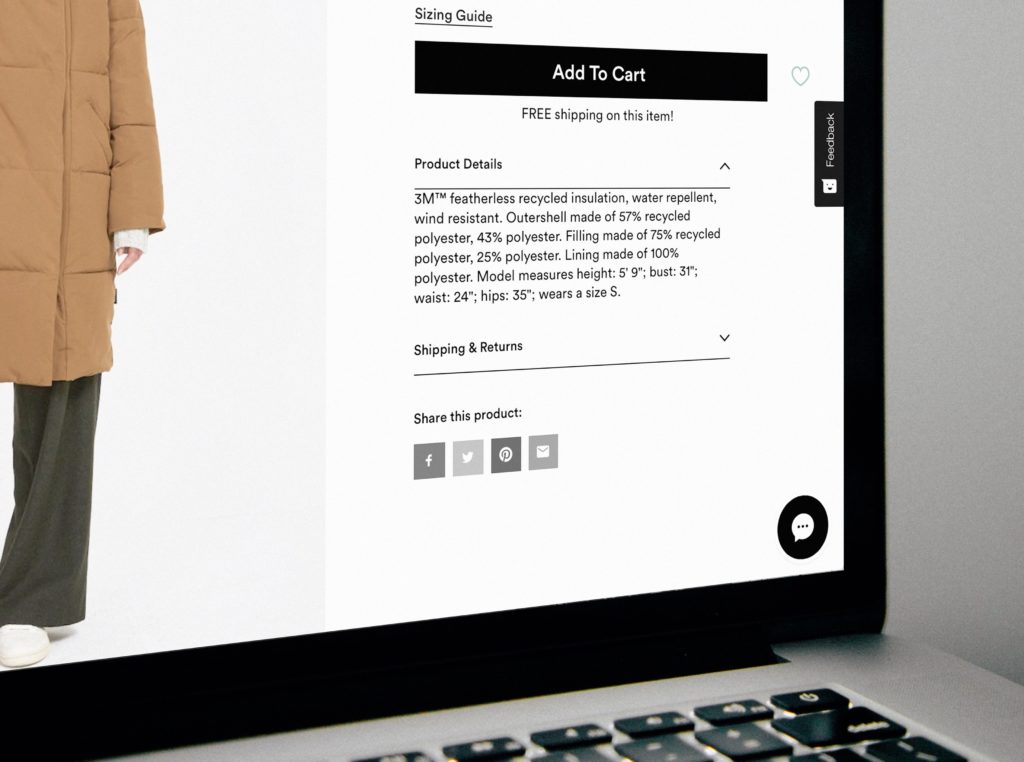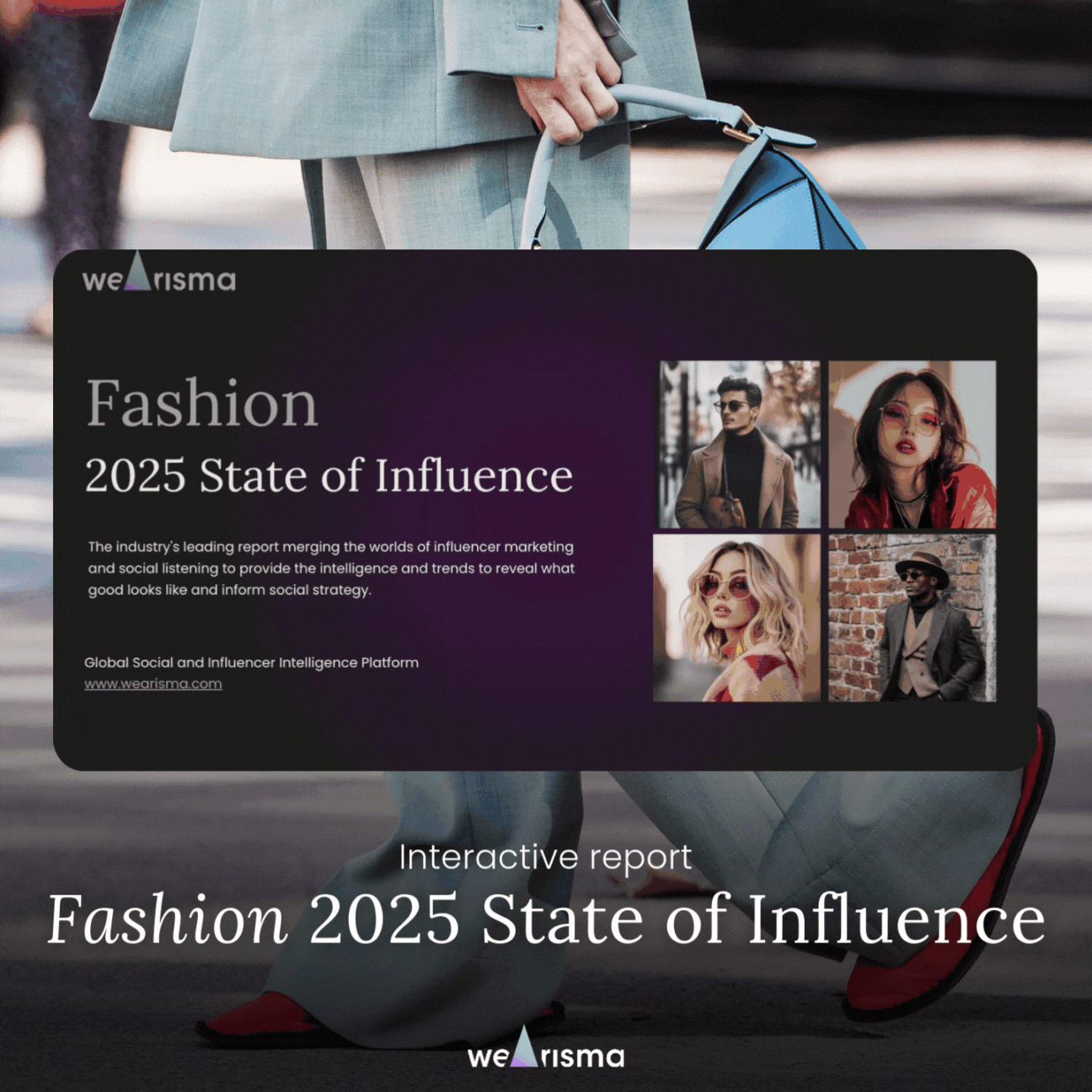Despite skepticism, influencer marketing remains highly effective, with influencers building trust, influencing consumer behavior, shifting perceptions, and creating memorable ads, leading to increased brand sentiment and marketing budgets.

Published On: August 14, 2019
You may have read one or two news articles claiming that the Influencer Marketing bubble has burst but that sentiment couldn’t be further from reality.
The concept of the ‘Influencer’ has been somewhat distorted as of late so we’ll provide you with a quick refresher. Influencers are passionate content creators who aim to provide honest and relevant opinions to their audience. Influencer’s audiences are not created overnight. They slowly build their platform by resonating with people who subsequently, choose to follow and engage them. The value of Influencers lie in their ability to build relationships with their audience, understand what they want to learn, and then create content trusted and valued by their audience. With 59% of marketers intending to increase their influencer marketing budget this year, many brands are waking up to the power of influencers in reaching consumers. Still not convinced? These 5 facts will prove exactly why you need Influencer Marketing now more than ever.

The success of word-of-mouth marketing lies in the fact that we’re more likely to trust the recommendations of people we know. Through their abilities to create close bonds with their audiences, an Influencer’s opinion and a friends opinion are similarly valued. In fact, 4 in 10 millennial Youtube subscribers believe that their favourite Influencer understands them better than their friends.

When investigating the behaviour of their users, Twitter commissioned a study looking into their consumer behaviour. Results revealed that nearly 40% of Twitter users say they’ve made a purchase as a direct result of a Tweet from an influencer. On Youtube, 60% of subscribers say that channel’s influencers sway their purchase decisions.

In our recent blog ‘The Top 10 Destinations for your Influencer #PressTrip’ we highlight the effectiveness of Influencers in changing perceptions about certain destinations. Take for example holiday price comparison site Ice Lolly’s campaign with Visit Benidorm in 2017. The duo sent a range of British influencers on a series of thrilling excursions and a visit around the city’s Old Town. The content was successful in transforming the image many held about Spanish city, painting it as a youthful and exciting destination.

150 participants took part in a recent study in which research measured their brain waves whilst they viewed influencer ads and TV ads. The results found that participants experienced 277% more emotional intensity and 87% memory encoding when watching influencer ads compared to watching TV ads. The results solidify the work of influencers in facilitating these two key components in determining an ads success.

Research has shown that long-term brand-influencer partnerships are particularly effect. One study found that influencer partnerships that lasted for two or more weeks resulted in an 8.73% lift in positive brand sentiment.
Keep informed with the latest trends, reports, and case studies from the world of influencer marketing.

Influencer marketing has transformed significantly in recent years, expanding beyond simply identifying social media personalities with substantial followings. Today’s successful campaigns require sophisticated systems that address the entire marketing process, from strategic creator selection through content development to comprehensive performance analysis.

WeArisma’s Fashion 2025 State of Influence Interactive Report – Your Essential Guide to Beauty Brand Success in the Digital Age.
The fashion landscape is evolving. Traditional strategies no longer guarantee success – Resonance, Virality, and Authentic Engagement are beginning to define market leaders.
Our latest Fashion 2025 State of Influence Report uncovers the key shifts shaping the industry and the strategies fueling sustained impact.
Stay up to date with the latest industry trends and topics
Discover how WeArisma can help you harness the power in influence, grow your brand’s presence, and achieve measurable success.
WeArisma combines the power of AI, influencer marketing and social listening to deliver smarter, scalable strategies with real impact.